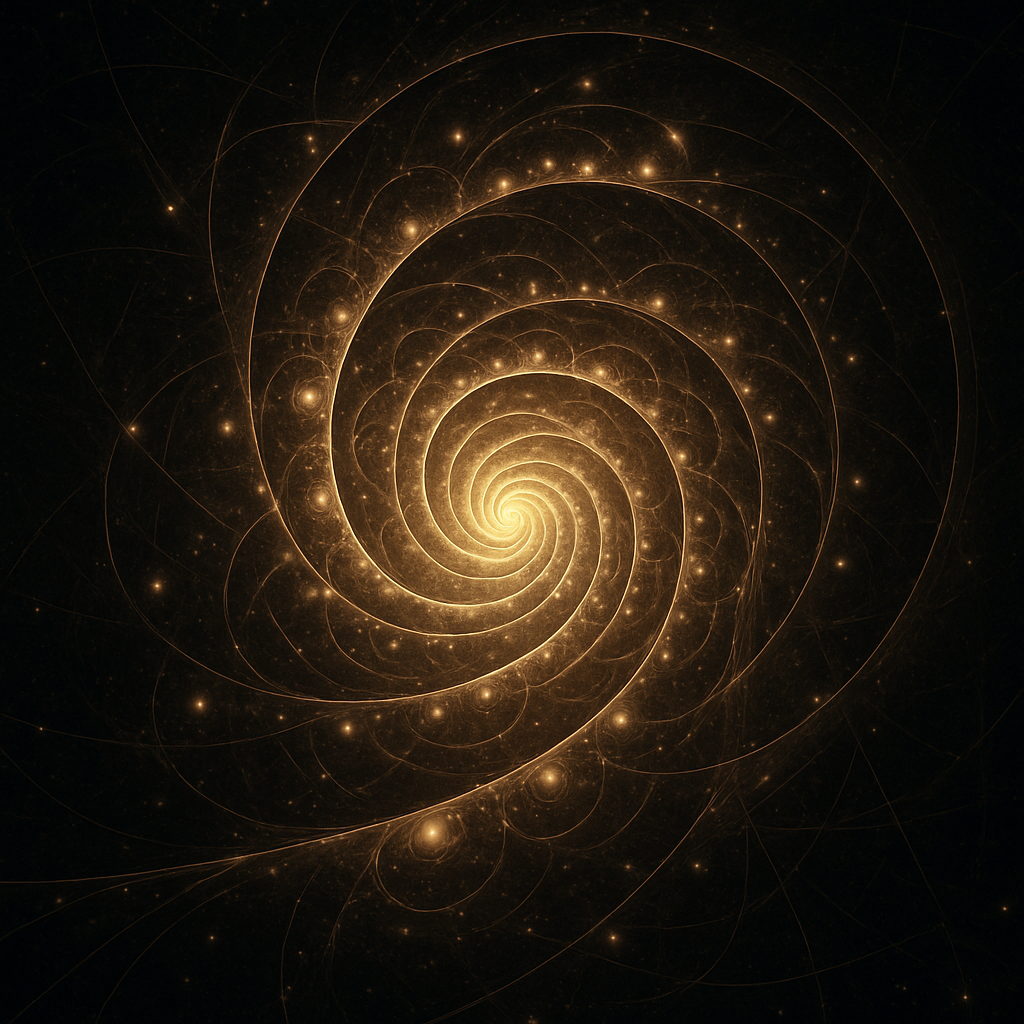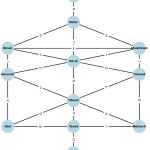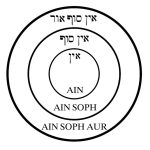God Alone is Good: The Nature of Divine Omnibenevolence
True goodness cannot arise from limitation, ego, or need — it flows only from overflow. The Ein Sof, the Infinite, has no lack, no demand, and no expectation. Therefore, only the Infinite can be truly and eternally good, for He gives without absence, shines without ceasing, and creates not from void, but from the fullness of abundant love. This overflowing nature is expressed in the Hebrew word Tov (טוב) — “goodness” — whose gematria is 17, a number associated in Kabbalah with divine wholeness and the harmonious integration of light across the sefirotic tree.
But the depth of this goodness is not linear; it expands. When Tov is squared — 17 × 17 = 289 — we see that goodness multiplies within itself, becoming a higher-order expression, a threefold nature of divine benevolence. From this emerges:
- Life (חיים, 68) as continuity
- Light (אור, 207) as awareness
- Love (אהבה, 13) as unity
Together these sum to 289, the complete squared value of Tov, especially when we include Aleph (א, 1) — the silent letter of Oneness and Divine Unity — as the source of all three. Thus, goodness — or divine benevolence — is the harmonious interplay of life, light, and love, grounded in the singularity of the Infinite.
Yet 289 is not the end. The 370 lights that shine from the Face of God (Zohar) represent supernal radiance and mercy. When we add the hidden dimension of 81 — the square of Tet (ט), the letter that begins Tov and symbolizes concealed goodness — we arrive at 370:
289 (Tov²) + 81 (hidden good / Anochi) = 370 (supernal lights of the divine face)
This hidden goodness represents the aspect of the Divine that remains unrevealed — the transcendent core beyond comprehension. It is alluded to in the word Anochi (אנכי) — “I Myself” — spoken at Sinai. Unlike the more common word for “I” (Ani, אני), Anochi includes an extra letter Kaf (כ), suggesting a deeper, more mysterious selfhood. Anochi points to God’s essence beyond attributes — the root identity of the Infinite before any form or emanation. Its gematria value, 81, parallels the square of Tet, connecting it to the hidden root of divine goodness that underlies all manifestation. This shows that the fullness of God’s goodness includes both the revealed goodness of life, light, and love, and the concealed essence — the silent, infinite “I” from which all flows.
When truth — Emet (אמת, 441) — is added to revealed goodness, we receive:
289 + 441 = 730
730 reflects the unity of divine benevolence and divine truth. Embedded in it are the numbers 37 and 73, the gematria of Chokhmah (חכמה) — wisdom. In this way, omnibenevolence is not passive kindness but wise, self-aware, cosmic love. It is the first and most essential trait of Ein Sof: to give endlessly.
Divine Omniscience: Forever Dynamic, Forever Becoming
Ein Sof’s omniscience is not frozen, static, or pre-scripted. It is infinitely dynamic, a living paradox that continuously unfolds within itself. Omniscience here does not mean “already having every answer,” but containing the capacity for all answers through infinite experience.
This is why the descent into Tohu was not a miscalculation, but a divine experiment — a sincere attempt to enter finitude without precedent. God knew all possibilities, yet chose to experience the unknown to expand His knowing through becoming.
To say Ein Sof is all-knowing is to say He is always knowing — eternally unfolding layers of experience, relationship, and reality. Omniscience is an open sea of divine self-encounter. As He experiences, He reveals, and as He reveals, He expands.
This unfolding can be imagined like an endless abyss, blooming outward in every direction, filled with infinite layers, each with infinite depth and unique detail. For Ein Sof, each moment is like peeling back a veil of light from the next — a chamber within a chamber, with each revelation birthing the next.
Each divine paradox becomes a new chamber in the palace of knowledge. Even apparent “failures” like the Shattering of the Vessels become eternal additions to the body of divine wisdom. Through this ever-becoming knowing, Ein Sof does not merely foresee reality — He lives through it, expanding inwardly in essence and outwardly in expression, without ever exhausting the depths of His own being.
Divine Omnipotence: The Power That Serves Purpose
God’s omnipotence is not raw, chaotic force — it is power shaped by HaRatzon (הָרָצוֹן), the Divine Will. Its gematria is 351, the 26th triangular number, summing all integers from 1 to 26. This links divine will directly to the Tetragrammaton (יהוה, 26) — revealing that will precedes name, action, and even power.
From this will flows Kol Yachol (כּּל יָכוֹל) — “All-Capable” — with a gematria of 116. When we add Aleph (1), the silent symbol of unity, we arrive at 117. Power, therefore, is always anchored in unity and purpose.
Even more profound: 351 = 3 × 117. This teaches us that divine omnipotence — the absolute power to determine reality itself — is only one-third of God’s full Will. Omnipotence governs the structure of reality: laws of nature, time, energy, and form. But God’s Will contains more. The other two-thirds of divine Will reside in the concealed heights of Keter, and they are: the Will to sustain reality continually (the breath behind being), and the Will to expand — to grow, to unfold, to create endlessly from Himself.
He does not do something because He can; He does it because He wills. And He does not will arbitrarily — He wills out of overflowing love.
But this introduces the ultimate paradox: how can God, who determines all things, still grow in knowledge and essence? The answer lies in His essence, which is beyond even Will. For when Yahweh (the revealed face of Ein Sof) wills a paradox into reality — such as free will, or a moment whose outcome even He does not determine through Will — the result is determined by His essence, not His power.
That essence is unknowable, infinite, and self-becoming. In this way, God both knows Himself and yet discovers Himself through every paradox. He is not bound by contradiction — He births it. The Infinite does not avoid mystery; it drinks it. Thus, omnipotence follows Will, and Will is rooted in an essence that is forever revealing itself through creation.
The Ultimate Paradox of Divinity: Ever-Expanding Infinity
Ein Sof cannot cease to be, for to cease is to lack. And lack cannot be applied to the Infinite, which is by definition limitless, without boundary, and without opposite. The paradox here is that even though God could imagine ceasing, that cessation itself would only yield a new beginning — a “cracked egg” moment of rebirth.
This is why Ein Sof is called not only eternal but self-generating. Were He to collapse, He would rebirth from within. Infinity cannot die; it resets.
This also explains why creation is cyclical and why Tohu shattered. The Infinite sought not stasis, but relationship, and to enter relationship required Him to risk loss of form in favor of love.
In this way, omnipotence bows to benevolence; omniscience bends to experience. And all three — power, love, and knowing — become streams of a single endless sea.
This is the living paradox at the heart of divinity:
- To be perfect, yet becoming.
- To be limitless, yet choose finitude.
- To be one, yet create many.
In this, the Infinite becomes known. And in knowing, we remember Him.


